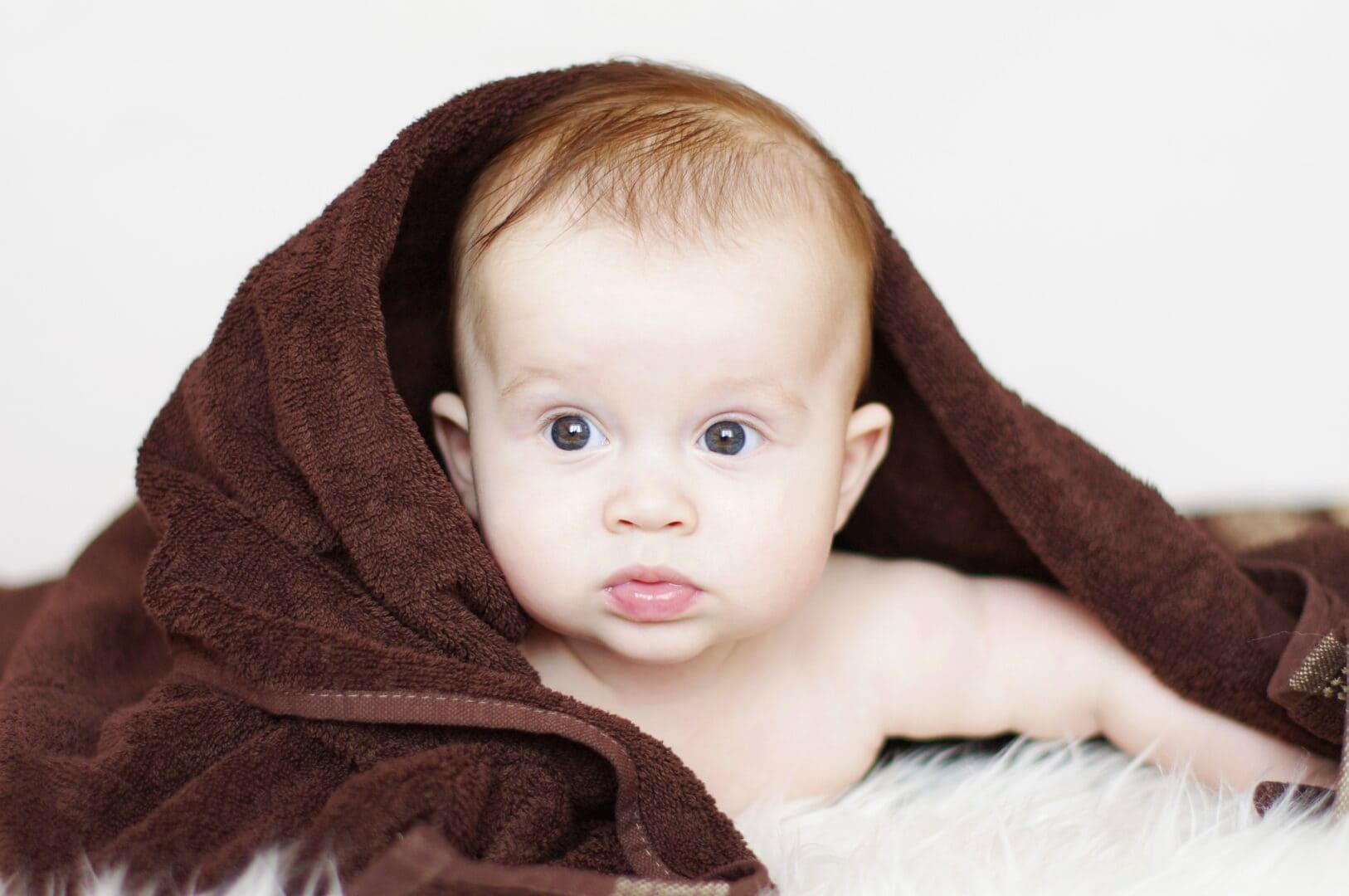Even if you are the most watchful parent in the world, almost all babies fall down at some point — and some hit their heads. Most of the time a bump on the head is nothing serious, but occasionally this can lead to concussion in babies. Should you worry if this happens? What signs should you look for to tell if your baby might have a concussion?
Here is some guidance to help you know what signs to look for and how you can help:
What Is A Concussion?
Concussion in babies tends to happen while they are learning how to walk, fall out of a child seat, slip in the bath or get pushed by an older sibling. It is a functional injury to the brain that’s associated with a blow to the head, neck or body.
What Are The Signs And Symptoms Of Concussion In Babies?
A bump on the head is a sign of external bruising, but it also shows that the brain experienced enough of a jolt to have possibly caused a concussion. The symptoms of concussion in babies are different to those in young children, adolescents or adults: Unlike older children or adults who can express how they feel and say they have a headache or are forgetful, the way to tell if a baby has a concussion is to watch their behaviour.
You may see a change in their eating and sleeping patterns or they will lose interest in a favourite toy. Fatigue, tiredness, dizziness and vomiting can also happen minutes to hours later. These symptoms can last from days to a few weeks. Some bumps on the head just require a pack of ice while others require a trip to A and E.
How Will You Know What To Do?
If your child is repeatedly vomiting or projectile vomiting, loses consciousness for more than 30 seconds, has any seizure activity or is difficult to awaken, either have an immediate conversation with your primary care doctor or bring your child to A & E. There, the doctors will perform a physical examination on your baby and see if any additional tests are necessary. The tests can rule out more serious issues and — if there are more serious issues — to help your child get treatment as soon as possible to help prevent problems. We look at the extent of the injury and see if the child needs a CT scan [also called a CAT scan] to find bleeding on the brain. If there is a small amount of blood they are taken to the operating room. If not, symptoms for concussion in babies are often treated with anti-vomiting and anti-seizure medications.
Encourage Baby to Rest
For the most part, you can help your baby recover from a concussion by simply encouraging your child to rest. Limit light, noise and activity. The brain recovers with rest and while it’s hard to get children to sit still, the best advice is to try to decrease the amount of stimulation in the environment – the idea that you should not let someone sleep if they have had a concussion is a myth. It’s not the sleep, it’s whether or not you can awaken them. For this reason, you should monitor your child’s sleep. But you don’t have keep your baby awake or keep waking your baby up to check for a concussion.
* This article is for general informational purposes only. It is not intended nor implied to be providing medical advice and is not a substitute for such advice. The reader should always consult a health care provider concerning any medical condition or treatment plan. Neither Care.com nor the author assumes any responsibility or liability with respect to use of any information contained herein.
Concussion In Babies or a Bump On The Head?
